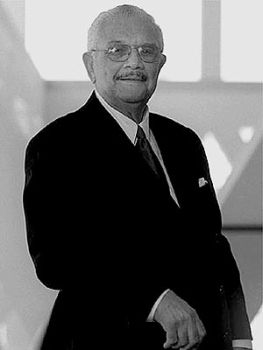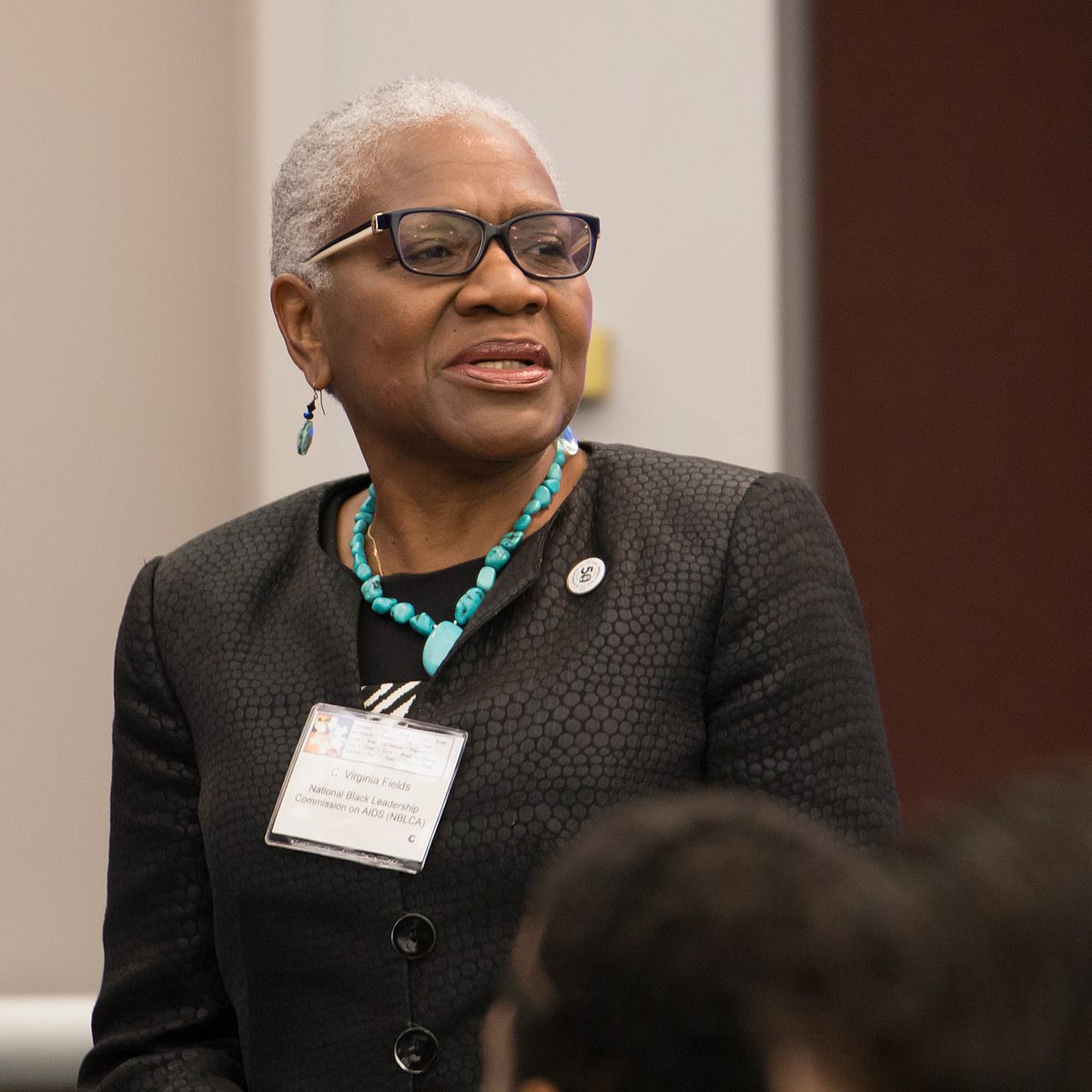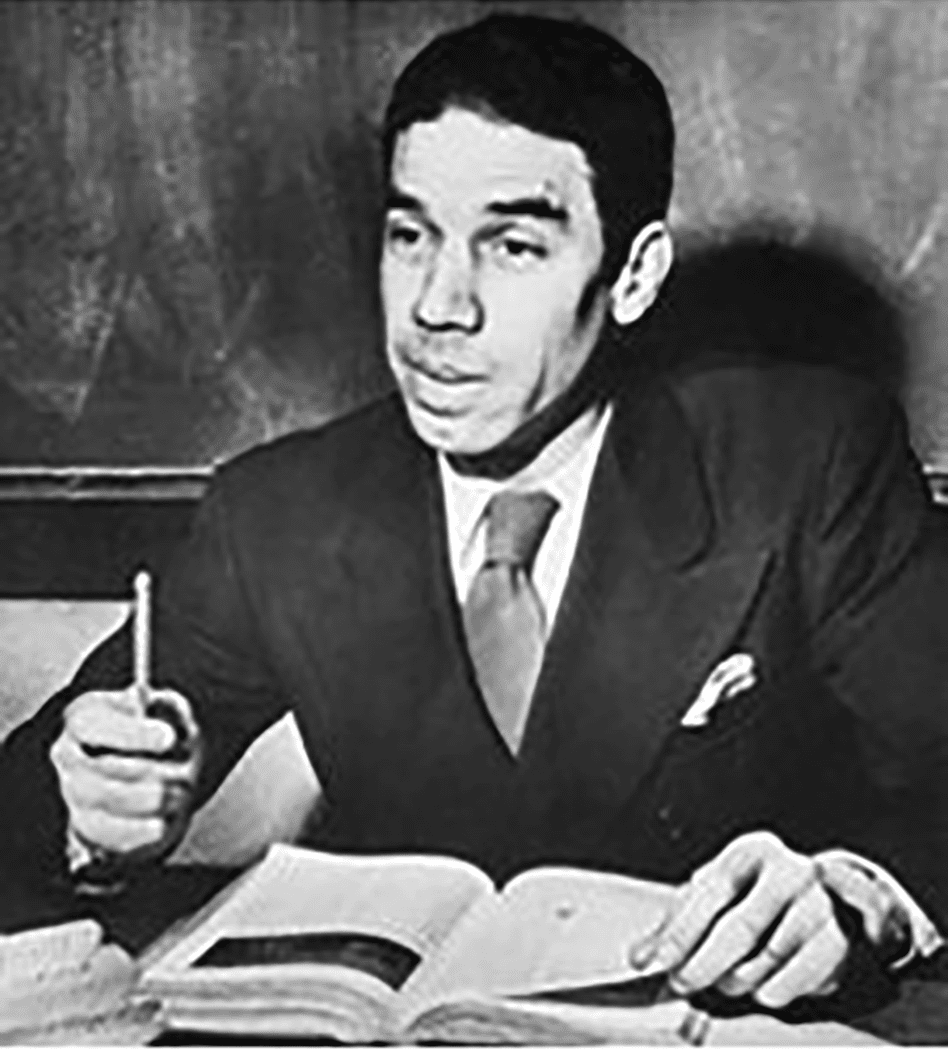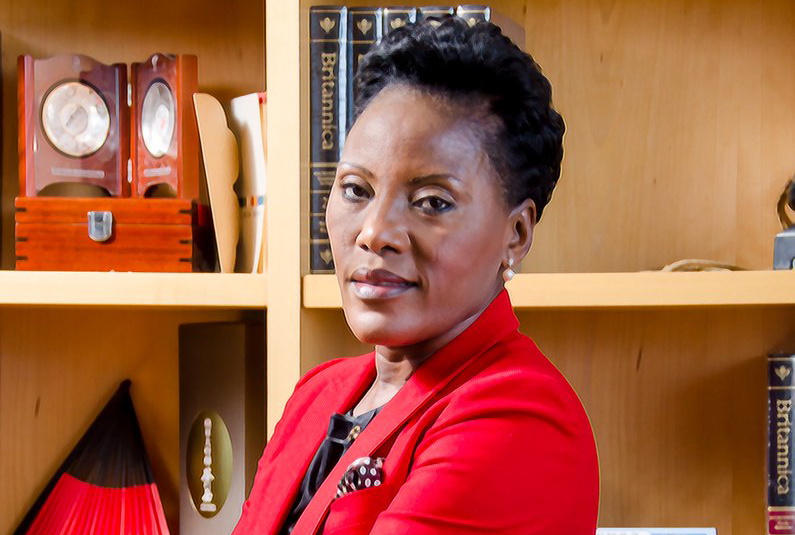DrBanneker
Space is the Place
The main series is done but as I stated before there were a few more posts I wanted to do on the HBCUs that have gone out of existence. There are a significant number though almost all were small private schools except for some community colleges in Alabama. It looks like Alabama lost the most followed by Tennessee and South Carolina. I will do about 3-4 per post and sometimes attach a poll. I will cover them going back in time looking at the most recent closures all the way back to ones that folded in the late 19th/early 20th century.
What is very interesting is that some of these HBCUs are still nominally 'open', however, they have lost accreditation due to various administrative and financial management failings, have most of the campus unused or in disrepair, and have a student body (usually maybe a couple dozen) that can't receive financial aid. Some are only doing online classes for now. No offense, but I have no idea who is enrolling.
St. Paul's College
Lawrenceville, VA
1888-2013

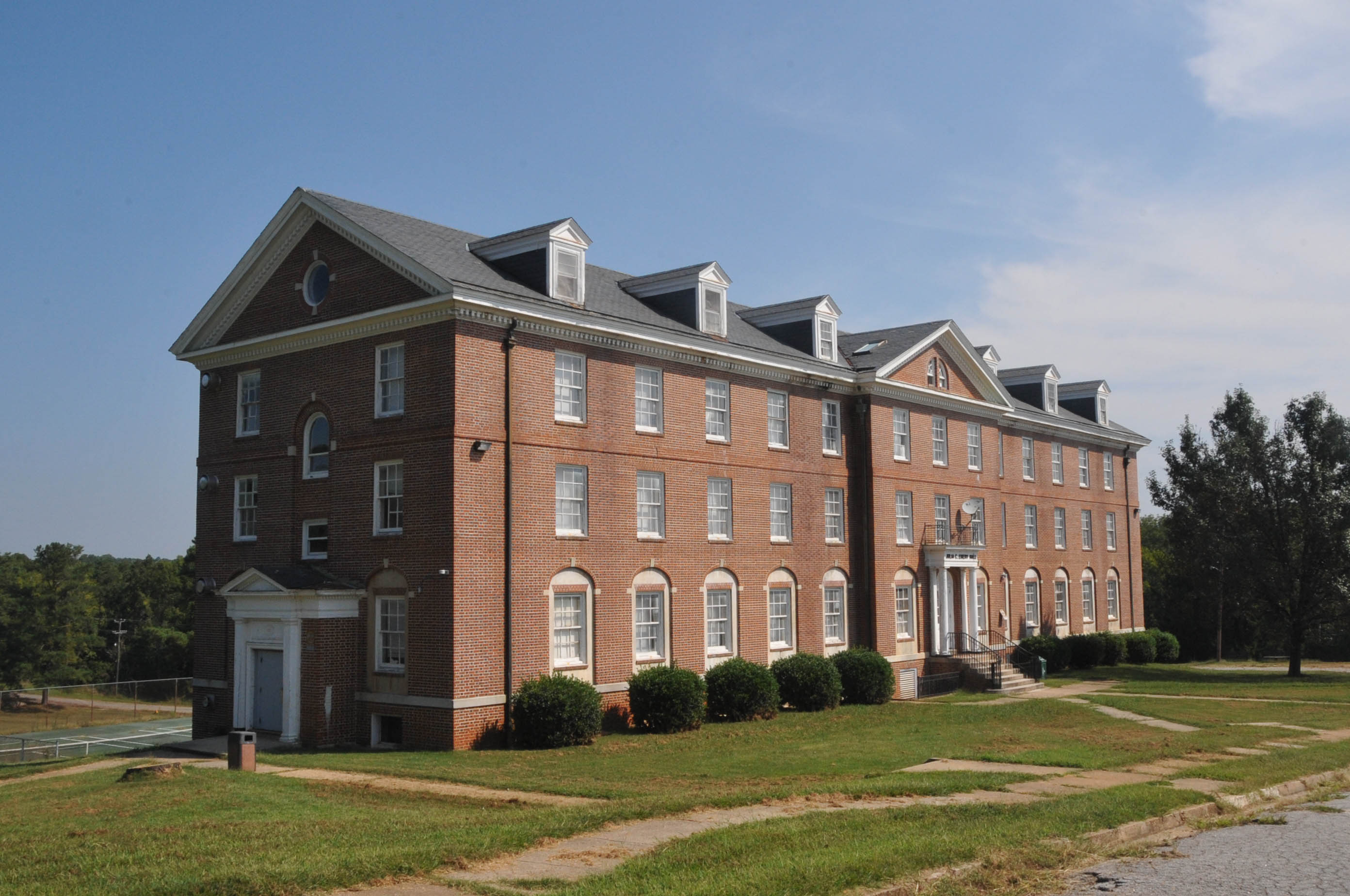

St. Paul's was a private liberal arts HBCU located in Virginia's Black Belt in Lawrenceville, VA in Brunswick County. It was founded in 1888 by former slave and Episcopal preacher James Solomon Russell to train Black people in agricultural and mechanical trades. According to tradition, he bought the land with a promissory note of $1,000 despite being nearly penniless at the time. Nonetheless, the school opened and slowly grew. In the 1920s it added a normal school to train teachers as well and in the 1940s it became a full four-year college offering degrees.
St. Paul's was never large and peaked at between 600-700 students in its later years. Starting in the 2010s its financial and administrative controls deteriorated rapidly. As reported in the Diverse Issues in Higher Education
A last ditch effort was made to merge with St. Augustine's University in Raleigh but St. Augustine's eventually rejected the deal.
St. Paul's College briefly gained Internet fame and prominence in 2014 when Dr. Umar Johnson proposed buying the school for his boarding school plan. However, his plans never materialized and it was purchased in 2017 by a Chinese backed education investment group, Xinhua Education Investment Corporation, who strangely has not utilized the campus since that time, some believe due to the hit of the COVID lockdowns.
A group of alumni is seemingly trying to organize to buy the campus back:
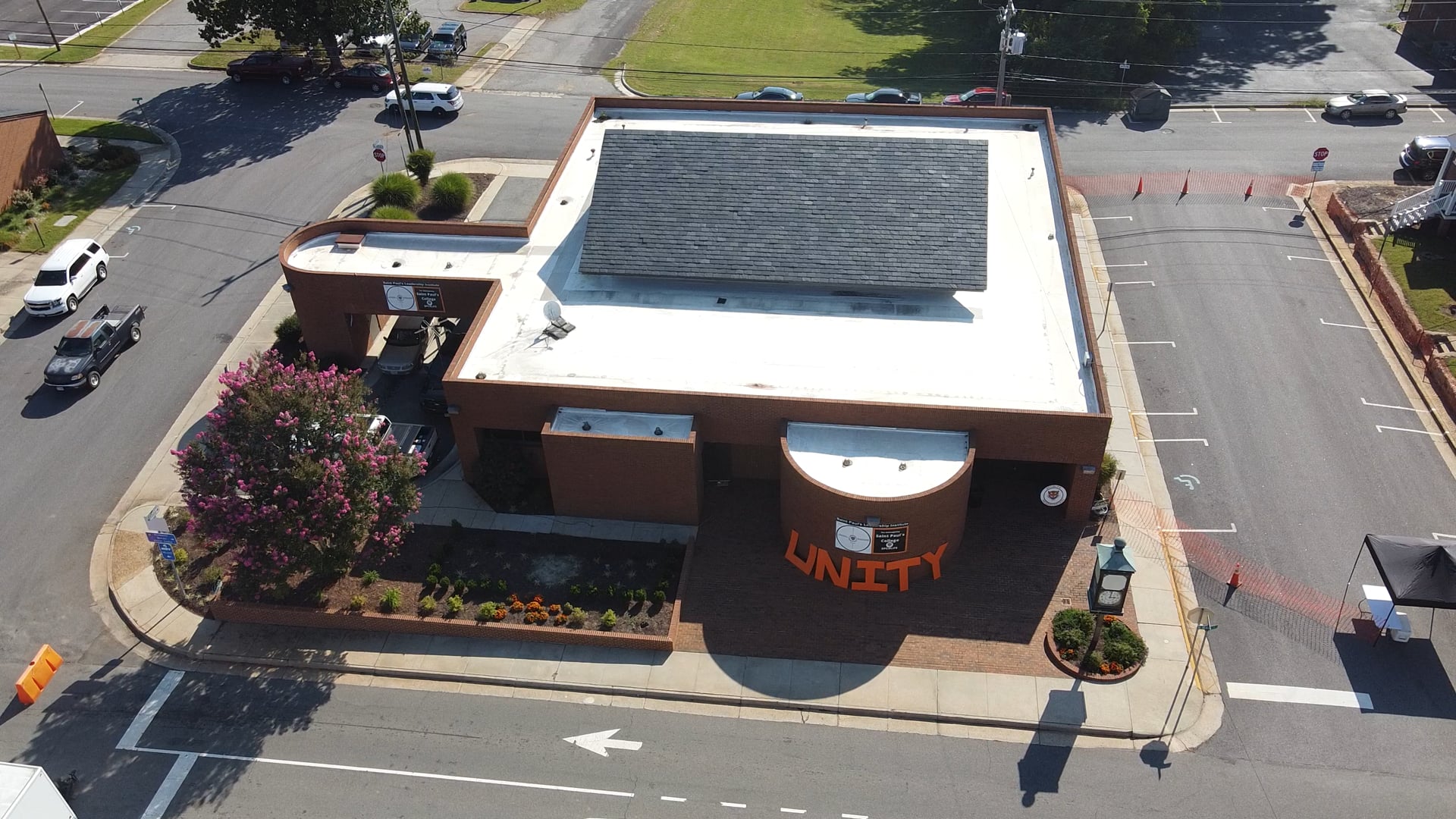 Time will tell if they are successful.
Time will tell if they are successful.
See more here: After 125 Years of Service, St. Paul’s College Shutting Down June 30
Lewis College of Business
Detroit, MI
1928-2015; 2021 began revival




Lewis College of Business (now the Pensole Lewis College of Business and Design) was/is the only HBCU in Michigan's history. It was originally started in 1928 by businesswoman Violet T. Lewis. Originally the secretary to the president of the (also defunct) HBCU Selma College in Selma, Alabama. She later moved to Indianapolis and had the idea of starting a Black undergraduate business HBCU. Lewis College of Business first opened in Indianapolis and was funded by Lewis herself through money she earned hosting a Black music radio show as well as her own businesses including an ice cream parlor, a fireworks store, and a seasonal Christmas tree farm. In 1939 she started a second campus in Detroit and eventually closed the Indianapolis campus and focused on the Detroit campus, moving there. The school peaked at around 500 students in 1980.
In the 2010s it faced the same cycle of financial issues and loss of accreditation that St. Paul's saw and closed in 2015.
However, it was bought and re-opened in 2021 by D'Wayne Edwards, a former design director at Nike who merged it with the Pensole Design Academy he founded in Portland, OR. It is now the Pensole Lewis College of Business and Design and aims to correct the imbalance in the fashion and shoe design industry with few Black designers. Though it has not yet received accreditation it is already enrolling students and their designs are now reportedly now being sold by Nike and DSW.
This may yet be a great HBCU revival and recovery story
See more:

Knoxville College
Knoxville, TN
1875-2015

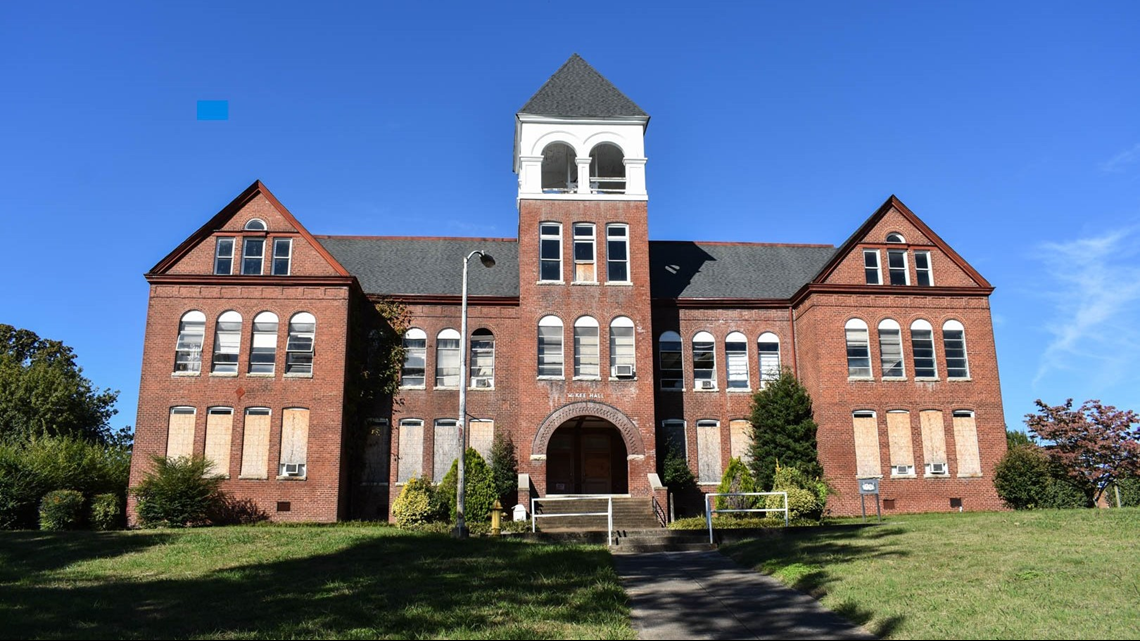

Originally founded as a small mission school during the Civil War, it became a school to educate freed slaves in 1866 founded by R. J. Creswell of the United Presbyterian Church. It gradually grew and officially opened as an educational college focusing on theology and vocational training. It had a heavy religious core requiring chapel attendance but also developed a strong liberal arts core including a group of four literary societies (all students were required to join at least one) and a debate team. It also had a medical school from 1895-1900. It peaked at around 1,300 students in 1990, probably due to the A Different World effect, and then began a rapid decline. The financial issues had started in the 1970s, perhaps due to enrollment declines post-integration, and in 1997 it lost accreditation causing a massive drop in enrollment and dire financial straits. The school struggled to stay open with a minimal student body until a final punch came in 2014. The EPA shut down the science building, A.K. Stewart Science Hall (shown above), since improperly stored chemicals had caused massive contamination of the site. The Tennessee Department of the Environment even recommended the building become a Superfund site. Remediation would cost millions. After having only 11 students in 2015 the school effectively shut down though a handful of students have graduated since then, primarily through online classes.

See more history here: Knoxville College | lost-colleges
@invalid @MostReal @Originalman @#1 pick @Ziggiy @SupaVillain @Tug life @Idaeo @get these nets @MostReal @Bryan Danielson @Rollie Forbes @Sonic Boom of the South @staticshock @Charlie Hustle @BigAggieLean. @Optimus Prime @How Sway? @DropTopDoc @Anerdyblackguy @End Domination
What is very interesting is that some of these HBCUs are still nominally 'open', however, they have lost accreditation due to various administrative and financial management failings, have most of the campus unused or in disrepair, and have a student body (usually maybe a couple dozen) that can't receive financial aid. Some are only doing online classes for now. No offense, but I have no idea who is enrolling.
St. Paul's College
Lawrenceville, VA
1888-2013



St. Paul's was a private liberal arts HBCU located in Virginia's Black Belt in Lawrenceville, VA in Brunswick County. It was founded in 1888 by former slave and Episcopal preacher James Solomon Russell to train Black people in agricultural and mechanical trades. According to tradition, he bought the land with a promissory note of $1,000 despite being nearly penniless at the time. Nonetheless, the school opened and slowly grew. In the 1920s it added a normal school to train teachers as well and in the 1940s it became a full four-year college offering degrees.
St. Paul's was never large and peaked at between 600-700 students in its later years. Starting in the 2010s its financial and administrative controls deteriorated rapidly. As reported in the Diverse Issues in Higher Education
In recent years, SACS cited Saint Paul’s for a series of deficiencies and violations, among them the lack of financial stability and too many faculty without terminal degrees. The college was eventually stripped of its accreditation. A federal judge later issued a preliminary injunction, allowing the college to keep its accreditation on a probationary basis so that Saint Paul’s could continue to enroll students and hold classes. It opened last fall with about 111 students.
A last ditch effort was made to merge with St. Augustine's University in Raleigh but St. Augustine's eventually rejected the deal.
St. Paul's College briefly gained Internet fame and prominence in 2014 when Dr. Umar Johnson proposed buying the school for his boarding school plan. However, his plans never materialized and it was purchased in 2017 by a Chinese backed education investment group, Xinhua Education Investment Corporation, who strangely has not utilized the campus since that time, some believe due to the hit of the COVID lockdowns.
A group of alumni is seemingly trying to organize to buy the campus back:
See more here: After 125 Years of Service, St. Paul’s College Shutting Down June 30
Lewis College of Business
Detroit, MI
1928-2015; 2021 began revival




Lewis College of Business (now the Pensole Lewis College of Business and Design) was/is the only HBCU in Michigan's history. It was originally started in 1928 by businesswoman Violet T. Lewis. Originally the secretary to the president of the (also defunct) HBCU Selma College in Selma, Alabama. She later moved to Indianapolis and had the idea of starting a Black undergraduate business HBCU. Lewis College of Business first opened in Indianapolis and was funded by Lewis herself through money she earned hosting a Black music radio show as well as her own businesses including an ice cream parlor, a fireworks store, and a seasonal Christmas tree farm. In 1939 she started a second campus in Detroit and eventually closed the Indianapolis campus and focused on the Detroit campus, moving there. The school peaked at around 500 students in 1980.
In the 2010s it faced the same cycle of financial issues and loss of accreditation that St. Paul's saw and closed in 2015.
However, it was bought and re-opened in 2021 by D'Wayne Edwards, a former design director at Nike who merged it with the Pensole Design Academy he founded in Portland, OR. It is now the Pensole Lewis College of Business and Design and aims to correct the imbalance in the fashion and shoe design industry with few Black designers. Though it has not yet received accreditation it is already enrolling students and their designs are now reportedly now being sold by Nike and DSW.
This may yet be a great HBCU revival and recovery story
See more:

Knoxville College
Knoxville, TN
1875-2015



Originally founded as a small mission school during the Civil War, it became a school to educate freed slaves in 1866 founded by R. J. Creswell of the United Presbyterian Church. It gradually grew and officially opened as an educational college focusing on theology and vocational training. It had a heavy religious core requiring chapel attendance but also developed a strong liberal arts core including a group of four literary societies (all students were required to join at least one) and a debate team. It also had a medical school from 1895-1900. It peaked at around 1,300 students in 1990, probably due to the A Different World effect, and then began a rapid decline. The financial issues had started in the 1970s, perhaps due to enrollment declines post-integration, and in 1997 it lost accreditation causing a massive drop in enrollment and dire financial straits. The school struggled to stay open with a minimal student body until a final punch came in 2014. The EPA shut down the science building, A.K. Stewart Science Hall (shown above), since improperly stored chemicals had caused massive contamination of the site. The Tennessee Department of the Environment even recommended the building become a Superfund site. Remediation would cost millions. After having only 11 students in 2015 the school effectively shut down though a handful of students have graduated since then, primarily through online classes.

See more history here: Knoxville College | lost-colleges
@invalid @MostReal @Originalman @#1 pick @Ziggiy @SupaVillain @Tug life @Idaeo @get these nets @MostReal @Bryan Danielson @Rollie Forbes @Sonic Boom of the South @staticshock @Charlie Hustle @BigAggieLean. @Optimus Prime @How Sway? @DropTopDoc @Anerdyblackguy @End Domination
Last edited:


